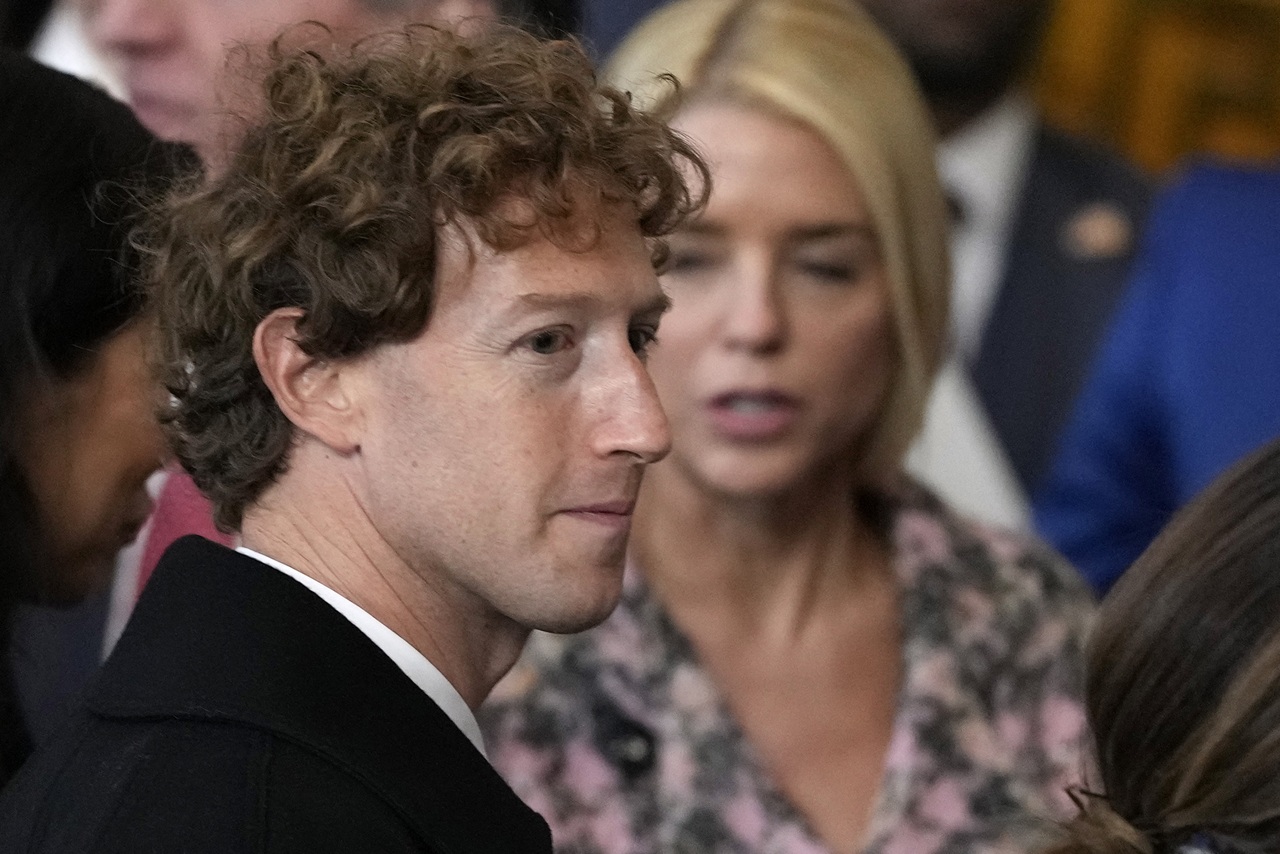
Leveraging ERGs for Upward Mobility
During the 2022 HACR Leadership Pipeline Program the Hispanic Association on Corporate Responsibility held a panel on the importance of Employee Resource Groups
Employee Resource Groups or ERGs are employee-led groups that got their start in 1964 at Xerox. The CEO at the time, Joseph Wilson, formed the group with Xerox’s Black employees in response to race riots in Rochester, NY where the company was headquartered.
Since then, ERGs have provided a space for people of color, LGBTQ+ people, disabled people, and others who are often marginalized or underrepresented a safe space in the workplace.
From October 24-26, the Hispanic Association on Corporate Responsibility (HACR) held their Leadership Pipeline Program. During the second day of the event, a panel discussion was held, highlighting the importance of ERGs. The panel was hosted by Yai Vargas, HACR’s Vice President of Strategic Engagement and Initiatives.
The featured panelists were Chris Devlin, Business Operations Manager at Toyota; Lucida Macias, Lead L&D Specialist at Chevron; and Jesus Gutierrez, HR - DE&I Manager at PepsiCo.
During the panel several topics were discussed including hosting intersectional events, survey results, and mentoring.
The first question posed was what have the panelists learned from surveys?
In Devlin’s experience, feedback made his ERG, Toyota Organization for the Development of LatinOS (TODOS), rebrand to be more career development oriented.
One of the pieces of feedback that caused them to make this change was a woman who told Devlin that she came to TODOS for fun, and another ERG for career development.
This comment sparked a quick side discussion on how many Latine focused ERGs are often perceived. Vargas commented to the audience, “I know that a lot of you resonated with that statement. ‘Oh this is such a fun group. It’s always salsa dancing and guacamole, and they’re always a good time.’”
She then said that organizations need to work on this perception so that the entire company comes to the organization's development programs, as well as their fun events.
In the case of Macias’ ERG, Somos, some of the feedback they’d gotten in the past was that they conducted too many surveys. In response, they became more targeted in their approach. Now they give out surveys after big events or programs, as well as conduct look-back and debrief sessions.
The next topic was on intersectionality within the ERG space. Devlin’s organization has hosted a few events with other ERGs. This includes a drag lotería event with Spectrum, Toyota’s LGBTQ+ ERG, and a diabetes event with Toyota Ability, its disability ERG.
Gutierrez talked about how PepsiCo ERGs have collaborated with the business side to give input on new products, especially if they’re aimed at a certain demographic.
Not all of the work that ERGs do is confined to the office. All three panelists spoke about what their company and ERG does for the wider community.
Gutierrez explained that one of the pillars of the PepsiCo Foundation is community.
RELATED CONTENT
“Under our community pillar, we also instill all the community work that our ERG have gotten in the community and do. But on top of that, our company also has this platform called One Smile At A Time…So our ERGs are encouraged to go on this platform and upload all their community work on the platform.”
Since Macias’ ERG has branches globally, each branch picks a local organization to partner with. When she was the site leader in Houston, they partnered with BakerRipley. While partnering, they put together an event called ‘Khakis and Collars’ to give out uniforms to children. They also hosted a forum on immigration and citizenship, and translated documents so that people could apply for citizenship.
Devlin’s ERG is involved in Toyota’s E3 mentorship program. This program gives children from a local underserved school the opportunity to be mentored by Toyota employees.
The final questions came from audience members. The first asked the panelists how they form a group that helps take the diversity tax off of diverse groups.
Diversity tax or minority tax is “an unintentional burden placed on marginalized individuals to help address diversity, equity, inclusion, and accessibility (DEIA) issues and participate in these efforts,” according to The Scholarly Kitchen.
During Hispanic Heritage Month, Somos and ENABLED, the disabilities group, organized a panel to talk about disability in the Latine community, Macias explained.
During this panel she said, “We ask our panelist, how can we be better allies? How can we better support you, regardless of what the intersectionality is. And the response is ‘ask.’ Ask us, ask us how you can support us, we’d be happy to tell you how you can support us.”
Finally, the panelists addressed how their ERGs work with leadership on DE&I issues.
“We take the chancla out,” Macias joked, before explaining her ERG uses the close relationship that they have with their executive sponsor to help them “move the needle.” Both Gutierrez and Devlin agreed.











LEAVE A COMMENT: